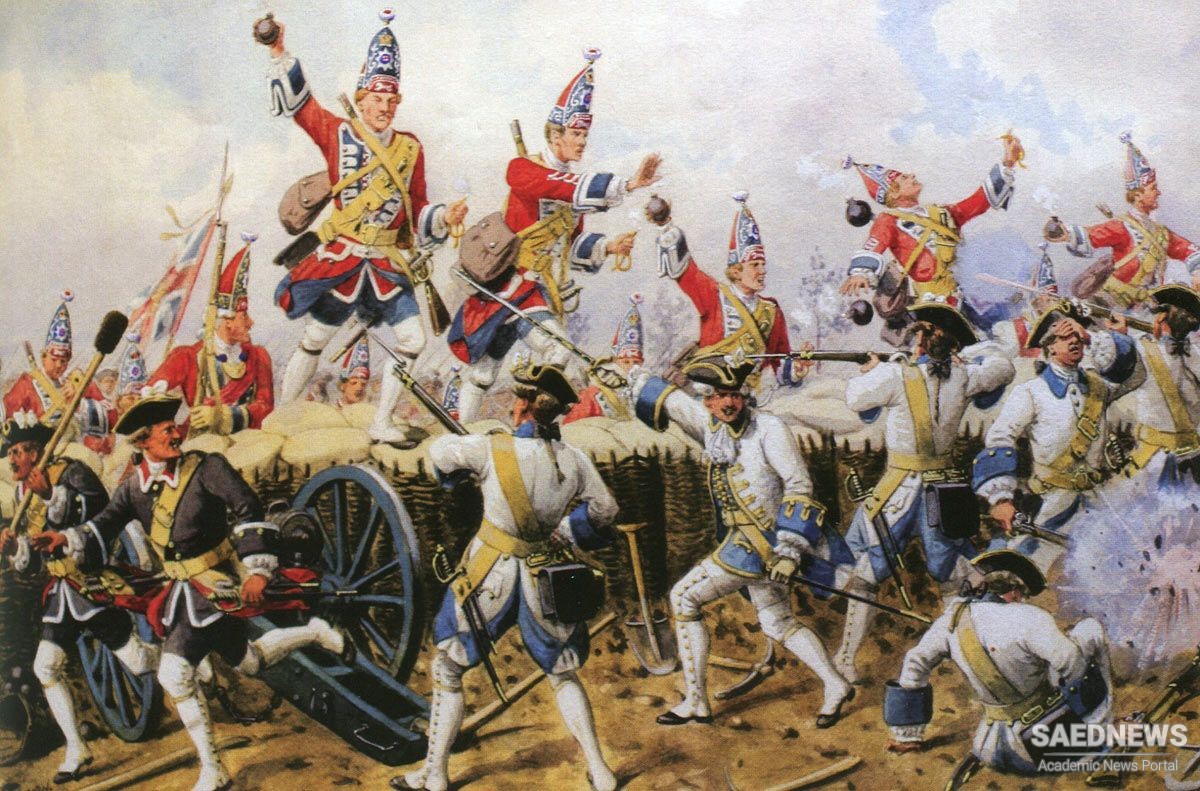Historically and culturally there is a quantitative as well as a qualitative difference between the Franco-British involvement in the Orient and—until the period of American ascendancy after World War II—the involvement of every other European and Atlantic power. To speak of Orientalism therefore is to speak mainly, although not exclusively, of a British and French cultural enter-prise, a project whose dimensions take in such disparate realms as the imagination itself, the whole of India and the Levant, the Biblical texts and the Biblical lands, the spice trade, colonial armies and a long tradition of colonial administrators, a formidable scholarly corpus, innumerable Oriental "experts" and "hands," an Oriental professorate, a complex array of "Oriental" ideas (Oriental despotism, Oriental splendor, cruelty, sensuality), many Eastern sects, philosophies, and wisdoms domesticated for local European use—the list can be extended more or less indefinitely. My point is that Orientalism derives from a particular closeness experienced between Britain and France and the Orient, which until the early nineteenth century had really meant only India and the Bible lands. From the beginning of the nineteenth century until the end of World War II France and Britain dominated the Orient and Orientalism; since World War II America has dominated the Orient, and approaches it as France and Britain once did. Out of that closeness, whose dynamic is enormously productive even if it always demonstrates the comparatively greater strength of the Occident (British, French, or American), comes the large body of texts I call Orientalist. It should be said at once that even with the generous number of books and authors that I examine, there is a much larger number that I simply have had to leave out. My argument, however, de-pends neither upon an exhaustive catalogue of texts dealing with the Orient nor upon a clearly delimited set of texts, authors, and ideas that together make up the Orientalist canon. I have depended instead upon a different methodological alternative— whose back-bone in a sense is the set of historical generalizations I have so far been making in this Introduction—and it is these I want now to discuss in more analytical detail.


 Orientalism, Standardization and Homogeneity
Orientalism, Standardization and Homogeneity














































